Tags: Dna
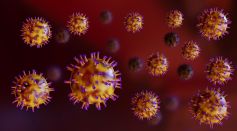
Vampire Viruses Observed For the First Time in the US: What Are These Pathogens?

Wooly Rhino Genome Reconstructed From DNA Extracted From Cave Hyena Fossilized Poop
3D DNA Organization Influences the Progression of Aggressive Brain Tumors, Study Reveals

Rhythmic Pulsating Nano Engine Made From DNA Performs Complex Task With Efficient Driver-Follower Systems

Gene Editing on Chickens Done To Identify, Alter DNA Parts To Hamper Bird Flu Spread
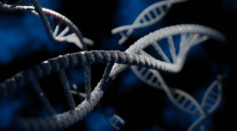
PUCH Enzyme Helps Fight Parasitic DNA in Human Genomes, Offers Key in Detecting and Preventing Infections
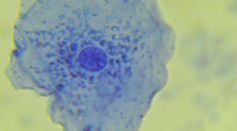
Cellular Compartment Exclusome Identified as the New Mammalian Organelle Made of DNA Rings
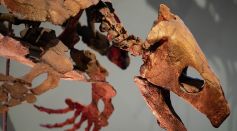
Tiny DNA Traces Detected in Turtle Fossil From 6 Million Years Ago; Discovery Could Boost Understanding of Soft Tissue Preservation
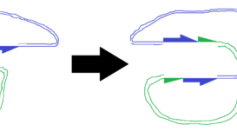
Transposons As Mobile Genetic Element: What Is the Role of Jumping Genes in Biological Processes?
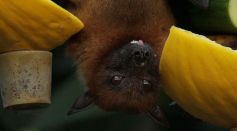
Bats Could Be Key to Curing Cancer; Mammal Has Anticancer Genes, Proteins Link to DNA Repair
DNA Biosensor Developed With Enhanced Sensitivity Towards HPV, Shows Potential in Early Screening of Cancer Biomarkers
DNA Nanoballs for Pathogen Detection Paves the Way for Electronic-Based Nucleic Acid Test
Endangered Kākāpō Parrots Endemic to New Zealand Have Had Their Genomes Sequenced; DNA Could Help Save Flightless Birds From Extinction
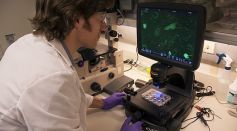
Epigenetic Memory Erasure in Stem Cells May Be the Key to Better Regenerative Therapies
Engineered Bacteria Detect Mutations in Human DNA, Allowing Biosensors To Identify Tumors in the Body

Engineered Bacteria Via CRISPR Technology Could Hold Key to Detecting Cancer Cells in Unlikely Places
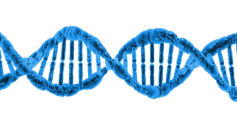
Glass Nanolattice Made From DNA Proves To Be Lighter and Stronger Than Steel
Is IBS Hereditary? Scientists Investigate the Influence of DNA on Irritable Bowel Syndrome

Genetic Mechanisms Play a Role in Dietary Preference; Sweet Tooth Could Be Blamed to DNA
DNA Analysis of 2-million-year-old Fossilized Teeth Reveals Distant Cousin of Hominids
Most Popular

Persistent Coughs Are Everywhere: Here's What Experts Think Is Causing It

Ancient Hotspot Found to Have Created Great Lakes 300 Million Years Ago

Mysterious Structures Discovered Beneath the Pacific Ocean, Puzzle Scientists

Health Benefits of Drinking Hot Chocolate




